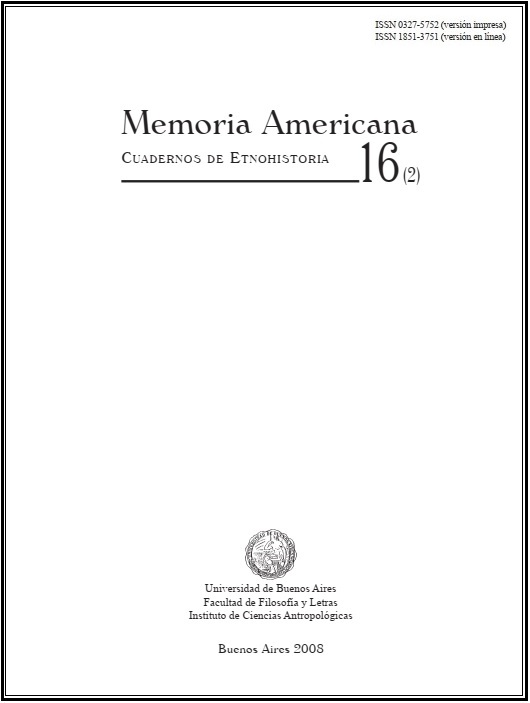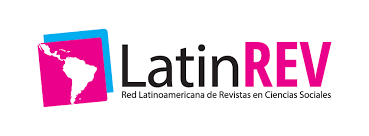Dominating through participation? The shaping of neoindigenism in post-dictatorship Chile
Abstract
Since the democratic restoration in 1990, the Chilean state has been concerned with its connectedness to the civil society and nowadays, participation and empowerment are political buzzwords that are omnipresent in politicians’ debates and the marketing of democracy. An especially important issue in this regard is the emergence of the so-called multicultural citizenship and the widespread recognition of cultural diversity accompanied by the will to empower disadvantaged, discriminated against and marginalized indigenous peoples. Since the beginning of the 1990s, cultural diversity has become the new universal, and there is a novel interest in the indigenous community as a self-generating formation capable of governing itself. Nevertheless, it is worth observing that this will to improve the fate of the natives through new forms of citizen’s participation, cultural dignifying and the implementation of an IDB-funded ethnodevelopment program called Origins, is intrinsically connected to the neoliberal agenda of the postcorporatist state and new forms of social domination. In this paper ...Downloads
Los derechos de autor son cedidos a Memoria Americana. Cuadernos de Etnohistoria, no obstante los autores podrán recuperarlos y reproducir su trabajo en otros medios o formatos previo envío de solicitud al Comité Editorial. En tales casos, deberá citarse a Memoria Americana. Cuadernos de Etnohistoria como primera publicación del trabajo y el mismo queda bajo una licencia Creative Commons CC BY NC SA 3.0 Attribution- Non Commercial -ShareAlike 3.0, la cual provee libre acceso inmediato a sus contenidos pues se rige por el principio según el cual hacer disponible -en forma gratuita- la investigación al público fomenta un mayor intercambio de conocimiento a nivel global.
Los autores deberán remitir el siguiente formulario de cesión de derechos y compromiso de originalidad:
Cesión de derechos y compromiso de originalidad
Al Comité Editorial de Memoria Americana, Cuadernos de Etnohistoria
Por la presente declaro ser el autor del trabajo titulado (nombre del artículo), el mismo es original y propio y no ha sido publicado en ningún formato o soporte con anterioridad.
En caso de ser aceptado para su publicación en Memoria Americana. Cuadernos de Etnohistoria (número/año) cedo los derechos editoriales que me corresponden por el aludido artículo para su publicación en todos los formatos que posea la mencionada revista.
Si quisiera publicar este artículo a través de otro editor o en otro lugar me comprometo a solicitar el correspondiente permiso por escrito al Comité Editorial de Memoria Americana. Cuadernos de Etnohistoria. De ser afirmativa la respuesta del Comité Editorial me comprometo a lo siguiente:
- especificar lugar, editorial y fecha de la primera publicación del artículo en la nueva publicación
- realizar esta republicación sólo luego de transcurridos un año calendario desde la fecha de la presente nota de cesión de derechos
FIRMA
Aclaración











